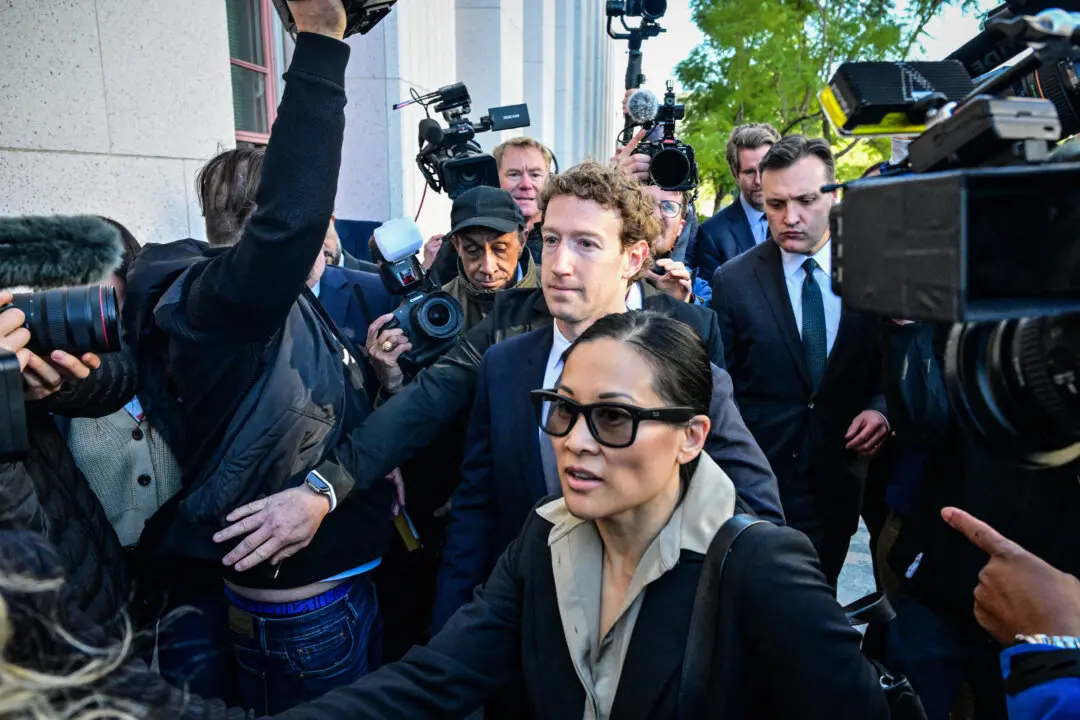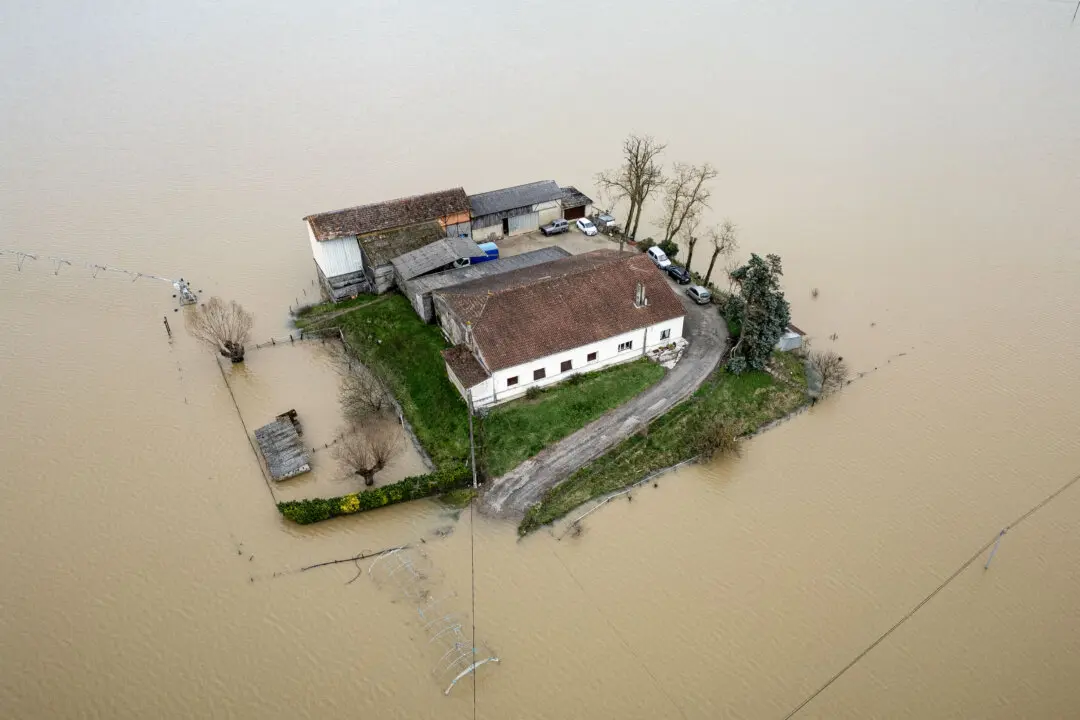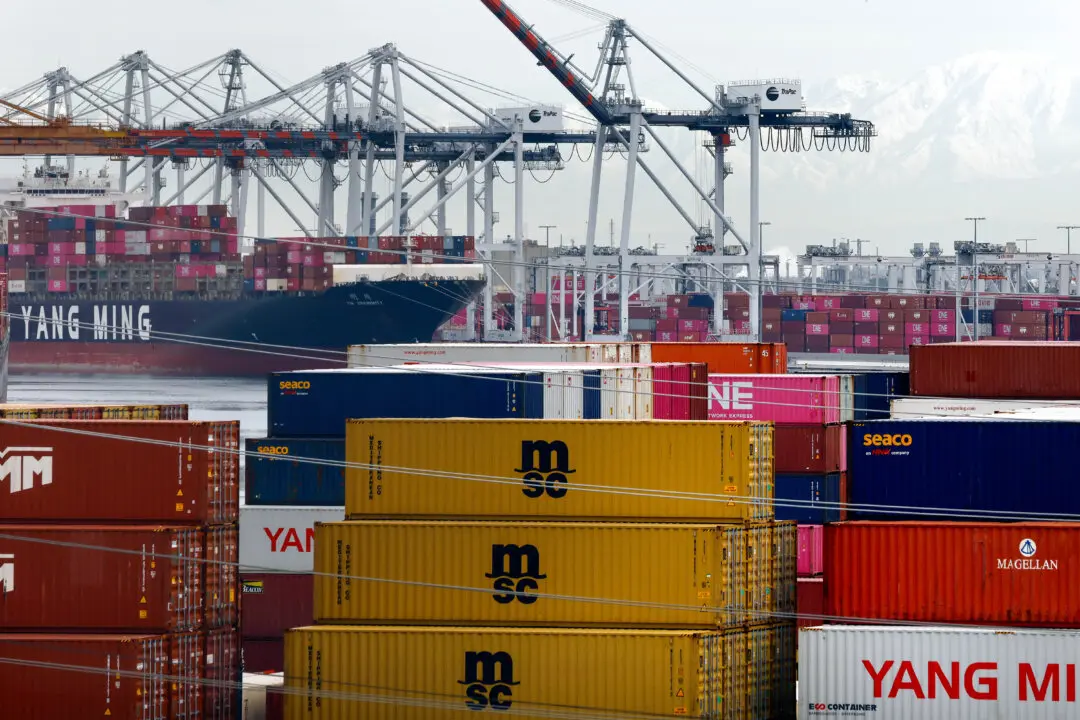LONDON, Ont.—Liberal Leader Justin Trudeau is taking flack from Finance Minister Joe Oliver over economic policies discussed at the party’s caucus meeting in London, Ontario, but Trudeau has his own criticism of the Conservative government’s plans.
Trudeau won’t say if he thinks the federal government should abandon its commitment to a balanced budget given the economic turmoil caused by plunging oil prices.
Finance Minister Joe Oliver says the Liberal leader’s economic plans would raise taxes and kill the economy.
“Justin Trudeau’s high-tax, high-debt agenda would hurt the Canadian economy and kill Canadian jobs,” said Oliver in a statement.
Trudeau said the Bank of Canada’s surprise interest rate cut Wednesday is further proof that Prime Minister Stephen Harper’s government is on the wrong economic track.





